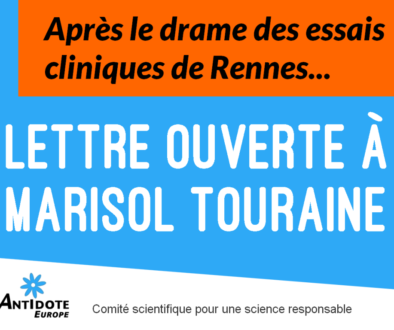Adverse drug reactions kill 197,000 Europeans annually
In a letter addressed to EU Commissioner John Dalli, Antidote Europe points to the growing number of scientists who consider animal tests to be about as predictive as, or less than, tossing a coin.
Antidote Europe has written to EU Commissioner John Dalli about the growing number of scientists who consider animal tests to be about as predictive as, or less than, tossing a coin.
According to a recently published article in the medical journal The Lancet, “Adverse drug reactions have reached epidemic proportions and are increasing at twice the rate of prescriptions. The European Commission estimated in 2008 that adverse reactions kill 197,000 EU citizens annually, at a cost of 79 billion euros.”
The letter also adds: “It is increasingly clear that an important factor contributing to these problems is the over-reliance of the pharmaceutical industry on the use of animals to predict drug behaviour in man. The stark differences, not only in the diseases of different animal species, but also the ways that they respond to drugs, are now well known. Many studies have shown that animal tests frequently fail to translate to the clinic, with estimates of their ability to predict effects on people as low as 37 – 50%, or no better than the toss of a coin” (1).
In the letter to Commissioner Dalli, Antidote Europe’s director, Andre Menache, highlights the bizarre current situation in the EU in which animal testing remains a legal requirement for human pharmaceutical products while modern human-based DNAmethods are only a voluntary requirement.
1) “Open letter to UK Prime Minister David Cameron and Health Secretary Andrew Lansley on safety of medicines” . The Lancet, Volume 377, Issue 9781, Page 1915, 4 June 2011.
CONTACT
André Ménache
Mob: (0790) 644-6889


